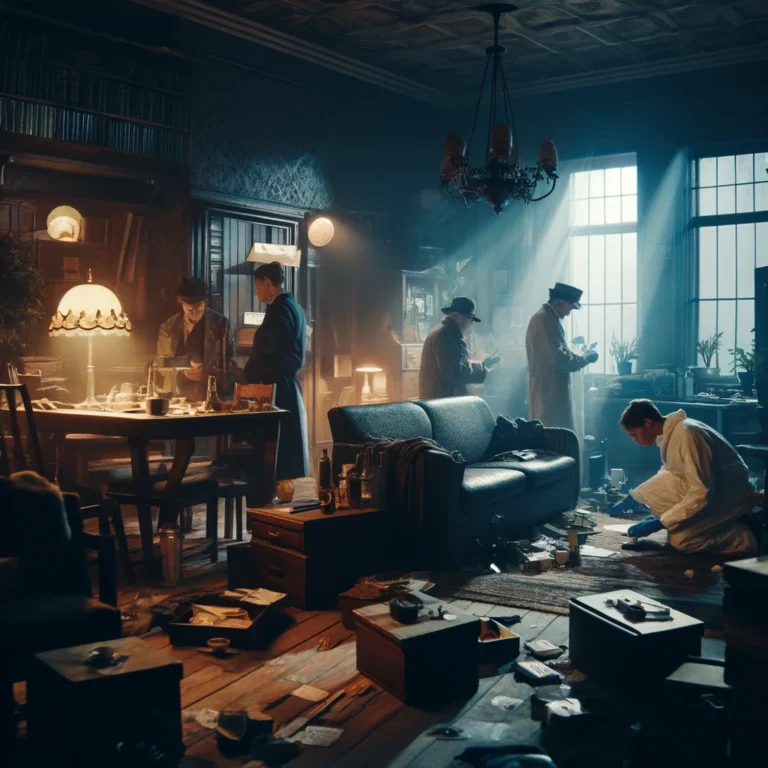Fatal Flaws: The Tragic Downfalls in Historic Murder Cases
Throughout history, there have been numerous murder cases that have captivated the public’s attention due to their shocking nature and tragic outcomes. In many of these cases, fatal flaws in the investigation or prosecution process have led to devastating consequences. Let’s explore some of the most notable examples of these fatal flaws and the lessons we can learn from them.
Failure to Gather Sufficient Evidence
One common fatal flaw in historic murder cases is the failure to gather sufficient evidence to convict the perpetrator. This was the case in the infamous Jack the Ripper murders in Victorian London, where the lack of forensic technology at the time hindered the investigation. As a result, the killer was never caught, leaving a trail of unsolved murders in his wake.
- Lack of forensic evidence
- Poor crime scene management
- Inadequate witness testimony
Police Misconduct and Corruption
In some cases, police misconduct and corruption have played a significant role in the failure to solve murder cases. The case of Stephen Lawrence, a black teenager murdered in a racially motivated attack in London in 1993, highlighted the systemic racism and corruption within the police force that hindered the investigation for years.
- Racial bias in investigations
- Failure to follow up on leads
- Suppression of evidence
Media Sensationalism and Public Pressure
Media sensationalism and public pressure can also contribute to fatal flaws in murder cases, leading to rushed investigations and wrongful convictions. The case of Derek Bentley, a mentally challenged man hanged for his alleged involvement in a murder in 1953, is a tragic example of how public outcry and media frenzy can influence the outcome of a trial.
- Biased media coverage
- Public opinion influencing legal proceedings
- Pressure to secure a conviction at all costs
Summary
Historic murder cases are rife with examples of fatal flaws that have led to tragic outcomes. From failures to gather sufficient evidence to police misconduct and media sensationalism, these cases serve as cautionary tales of the importance of a thorough and unbiased investigation process. By learning from the mistakes of the past, we can strive to ensure that justice is served in future murder cases.




























+ There are no comments
Add yours